Transportation Issues
입력 2019.03.20 (15:05)
수정 2019.03.20 (15:22)
읽어주기 기능은 크롬기반의
브라우저에서만 사용하실 수 있습니다.
[Anchor Lead]
Residents of urban developments in the Seoul metropolitan area experience a lot of inconveniences because of the complex mass transit system. A special commission has been set up to oversee how local governments handle transportation issues.
[Pkg]
Unjeong in Paju, Gyeonggi-do Province, is a newly developed district. Although the Gyeongui/Jungang Subway Line was built in the area in 2014, buses are still the major transportation means operated between Unjeong and Seoul. Rush hour traffic is a nightmare for the locals, when scores of commuters flock to bus stops.
[Soundbite] Nam Ji-hyun(Paju Resident) : "The cars from remote parts of Paju enter this area and there are too many commuters. Even when I arrive at the bus stop one hour in advance, I still cannot catch a bus by 7 a.m."
To oversee transportation services provided between large cities and surrounding cities, authorities have set up the Metropolitan Transport Commission. It is tasked with overseeing traffic in five large cities, including Seoul, Busan, Ulsan, Daegu, Gwangju and Daejeon. The commission also plans to promote the expansion of transportation infrastructure among local governments, something that has seen little progress so far. Other measures include the establishment of large transfer centers to improve connectivity among regions, the launch of easy-to-use express bus services, and transportation cards offering discounts on mass transit fares nationwide.
[Soundbite] Choi Ki-joo(Head of Metropolitan Transport Commission) : "We will lay a foundation for cutting commute time by 20 percent over the next five years and more than 30 percent in the next decade by building a metropolitan traffic network and efficiently connecting it among regions."
However, the new measures will inevitably come under fire for excluding large-scale private projects such as the express train service GTX in the Seoul metropolitan area and the New Ansan Line.
Residents of urban developments in the Seoul metropolitan area experience a lot of inconveniences because of the complex mass transit system. A special commission has been set up to oversee how local governments handle transportation issues.
[Pkg]
Unjeong in Paju, Gyeonggi-do Province, is a newly developed district. Although the Gyeongui/Jungang Subway Line was built in the area in 2014, buses are still the major transportation means operated between Unjeong and Seoul. Rush hour traffic is a nightmare for the locals, when scores of commuters flock to bus stops.
[Soundbite] Nam Ji-hyun(Paju Resident) : "The cars from remote parts of Paju enter this area and there are too many commuters. Even when I arrive at the bus stop one hour in advance, I still cannot catch a bus by 7 a.m."
To oversee transportation services provided between large cities and surrounding cities, authorities have set up the Metropolitan Transport Commission. It is tasked with overseeing traffic in five large cities, including Seoul, Busan, Ulsan, Daegu, Gwangju and Daejeon. The commission also plans to promote the expansion of transportation infrastructure among local governments, something that has seen little progress so far. Other measures include the establishment of large transfer centers to improve connectivity among regions, the launch of easy-to-use express bus services, and transportation cards offering discounts on mass transit fares nationwide.
[Soundbite] Choi Ki-joo(Head of Metropolitan Transport Commission) : "We will lay a foundation for cutting commute time by 20 percent over the next five years and more than 30 percent in the next decade by building a metropolitan traffic network and efficiently connecting it among regions."
However, the new measures will inevitably come under fire for excluding large-scale private projects such as the express train service GTX in the Seoul metropolitan area and the New Ansan Line.
■ 제보하기
▷ 카카오톡 : 'KBS제보' 검색, 채널 추가
▷ 전화 : 02-781-1234, 4444
▷ 이메일 : kbs1234@kbs.co.kr
▷ 유튜브, 네이버, 카카오에서도 KBS뉴스를 구독해주세요!
- Transportation Issues
-
- 입력 2019-03-20 15:10:45
- 수정2019-03-20 15:22:38
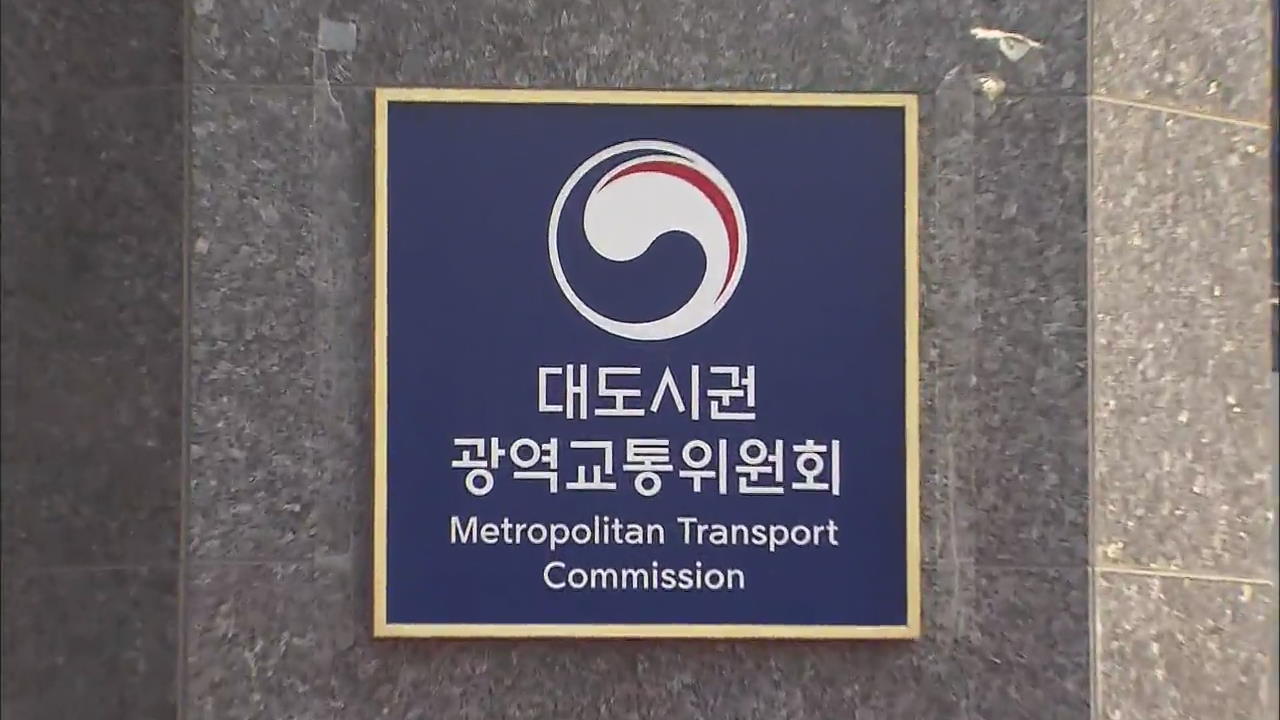
[Anchor Lead]
Residents of urban developments in the Seoul metropolitan area experience a lot of inconveniences because of the complex mass transit system. A special commission has been set up to oversee how local governments handle transportation issues.
[Pkg]
Unjeong in Paju, Gyeonggi-do Province, is a newly developed district. Although the Gyeongui/Jungang Subway Line was built in the area in 2014, buses are still the major transportation means operated between Unjeong and Seoul. Rush hour traffic is a nightmare for the locals, when scores of commuters flock to bus stops.
[Soundbite] Nam Ji-hyun(Paju Resident) : "The cars from remote parts of Paju enter this area and there are too many commuters. Even when I arrive at the bus stop one hour in advance, I still cannot catch a bus by 7 a.m."
To oversee transportation services provided between large cities and surrounding cities, authorities have set up the Metropolitan Transport Commission. It is tasked with overseeing traffic in five large cities, including Seoul, Busan, Ulsan, Daegu, Gwangju and Daejeon. The commission also plans to promote the expansion of transportation infrastructure among local governments, something that has seen little progress so far. Other measures include the establishment of large transfer centers to improve connectivity among regions, the launch of easy-to-use express bus services, and transportation cards offering discounts on mass transit fares nationwide.
[Soundbite] Choi Ki-joo(Head of Metropolitan Transport Commission) : "We will lay a foundation for cutting commute time by 20 percent over the next five years and more than 30 percent in the next decade by building a metropolitan traffic network and efficiently connecting it among regions."
However, the new measures will inevitably come under fire for excluding large-scale private projects such as the express train service GTX in the Seoul metropolitan area and the New Ansan Line.
Residents of urban developments in the Seoul metropolitan area experience a lot of inconveniences because of the complex mass transit system. A special commission has been set up to oversee how local governments handle transportation issues.
[Pkg]
Unjeong in Paju, Gyeonggi-do Province, is a newly developed district. Although the Gyeongui/Jungang Subway Line was built in the area in 2014, buses are still the major transportation means operated between Unjeong and Seoul. Rush hour traffic is a nightmare for the locals, when scores of commuters flock to bus stops.
[Soundbite] Nam Ji-hyun(Paju Resident) : "The cars from remote parts of Paju enter this area and there are too many commuters. Even when I arrive at the bus stop one hour in advance, I still cannot catch a bus by 7 a.m."
To oversee transportation services provided between large cities and surrounding cities, authorities have set up the Metropolitan Transport Commission. It is tasked with overseeing traffic in five large cities, including Seoul, Busan, Ulsan, Daegu, Gwangju and Daejeon. The commission also plans to promote the expansion of transportation infrastructure among local governments, something that has seen little progress so far. Other measures include the establishment of large transfer centers to improve connectivity among regions, the launch of easy-to-use express bus services, and transportation cards offering discounts on mass transit fares nationwide.
[Soundbite] Choi Ki-joo(Head of Metropolitan Transport Commission) : "We will lay a foundation for cutting commute time by 20 percent over the next five years and more than 30 percent in the next decade by building a metropolitan traffic network and efficiently connecting it among regions."
However, the new measures will inevitably come under fire for excluding large-scale private projects such as the express train service GTX in the Seoul metropolitan area and the New Ansan Line.
이 기사가 좋으셨다면
-
좋아요
0
-
응원해요
0
-
후속 원해요
0










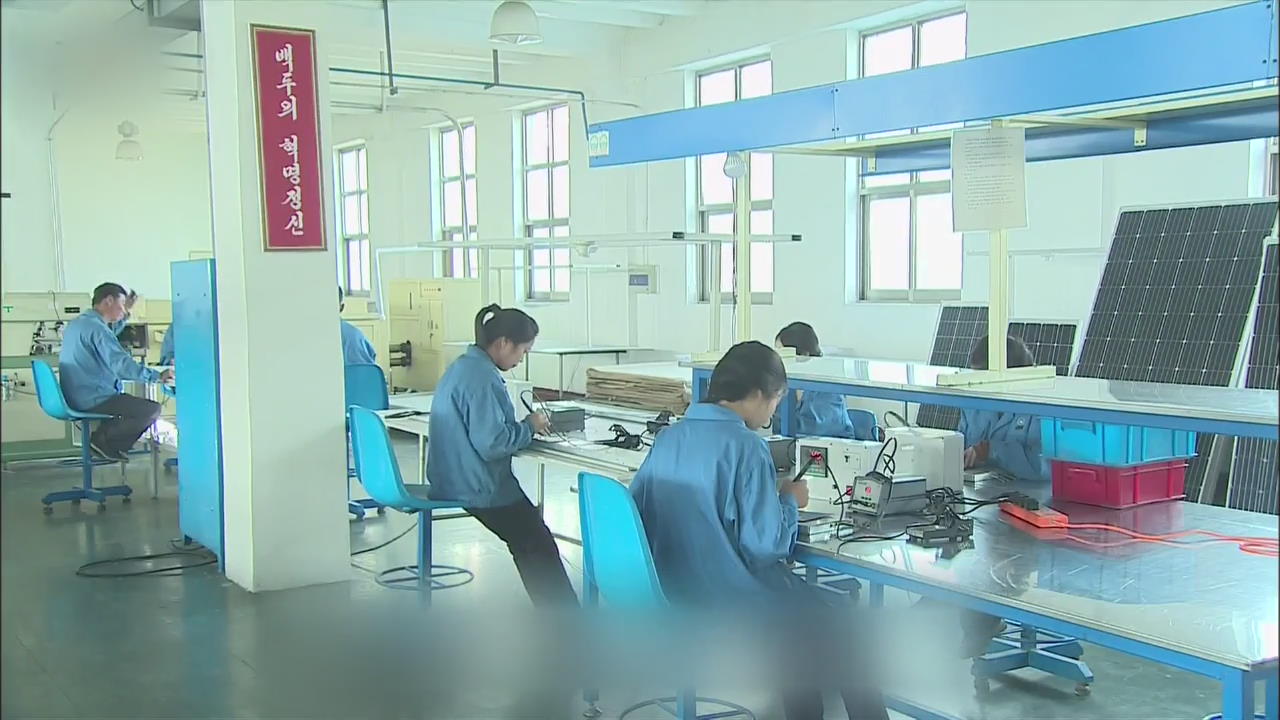
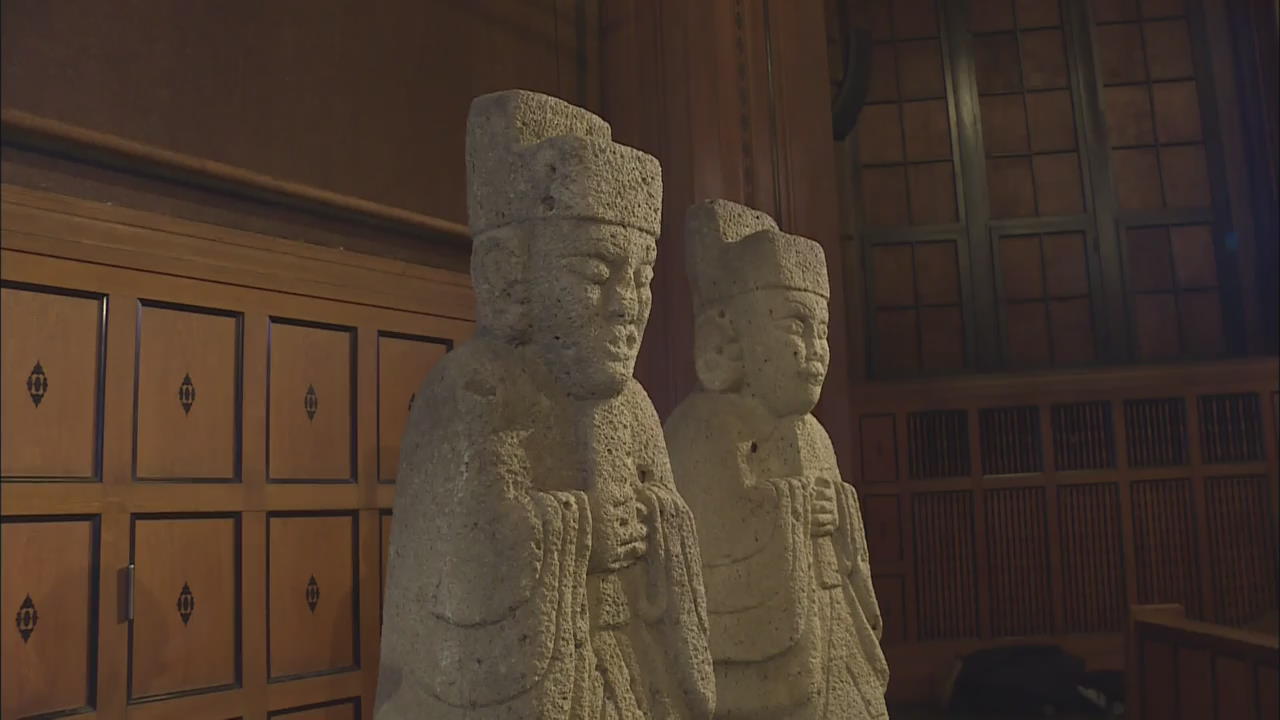
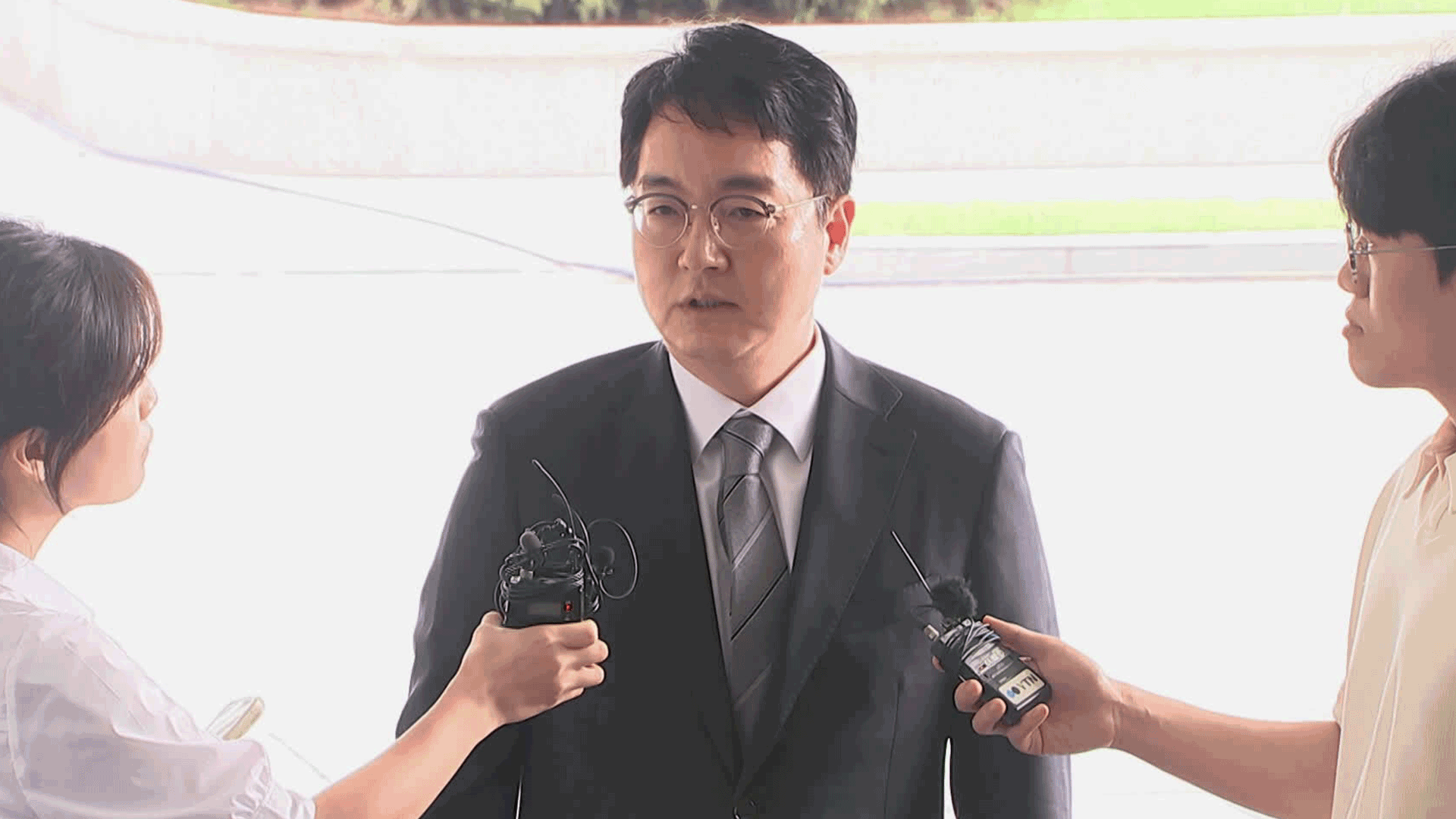
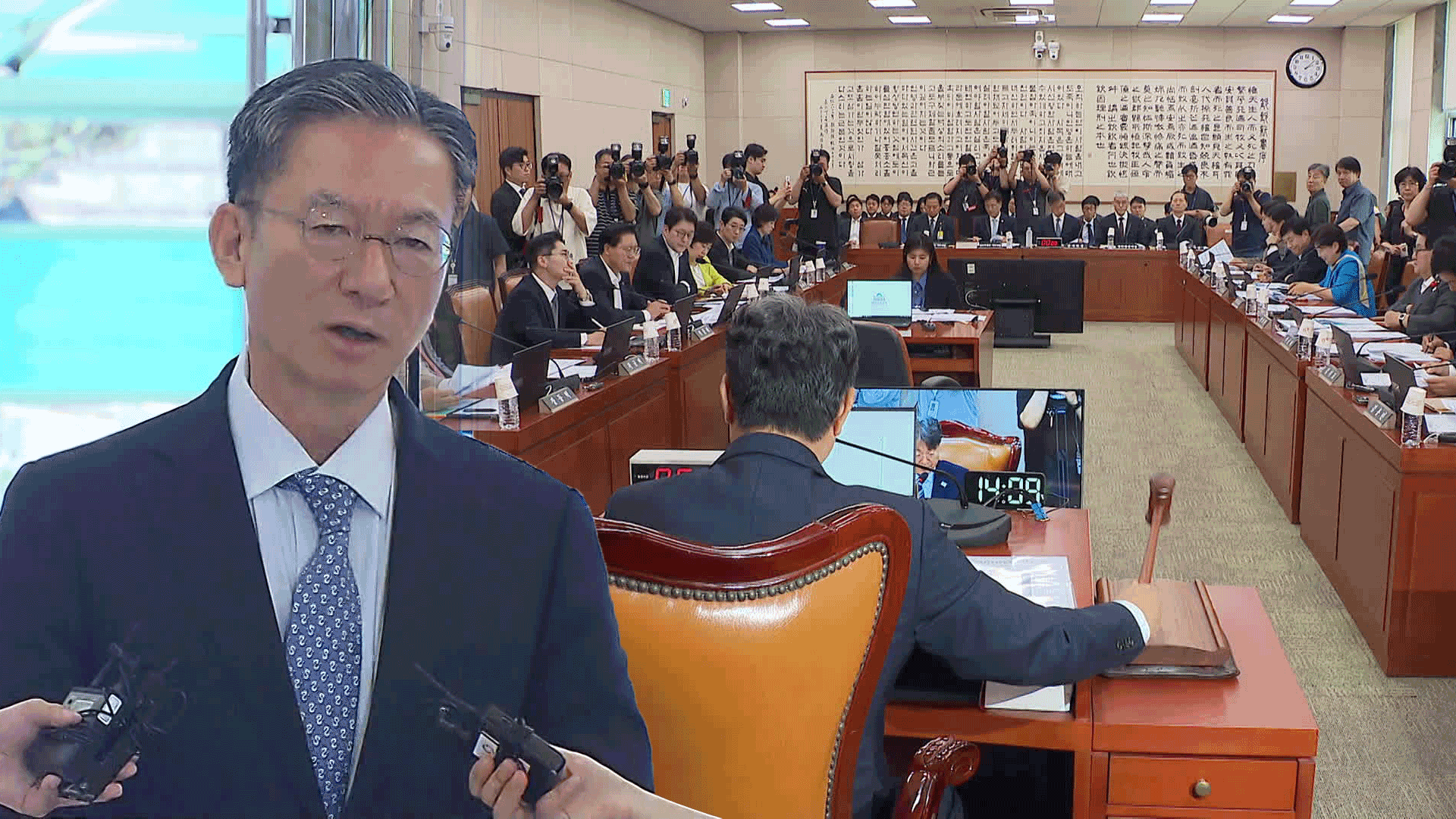
![[단독] 골프연습장 아니라더니<br>…‘한남동 골프연습장’ 도면 입수](/data/news/2025/07/01/20250701_Uh8Jnu.png)
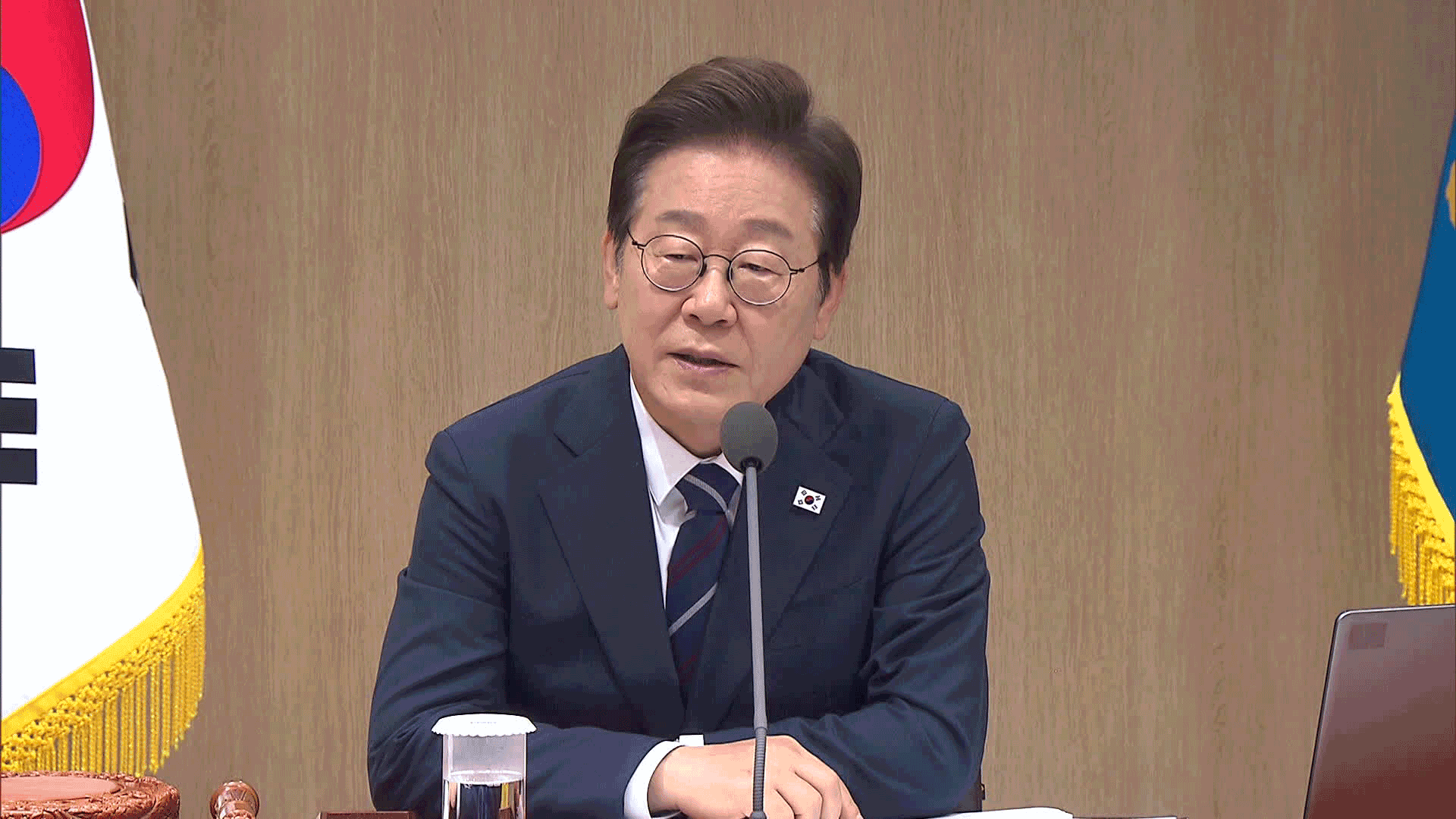

이 기사에 대한 의견을 남겨주세요.